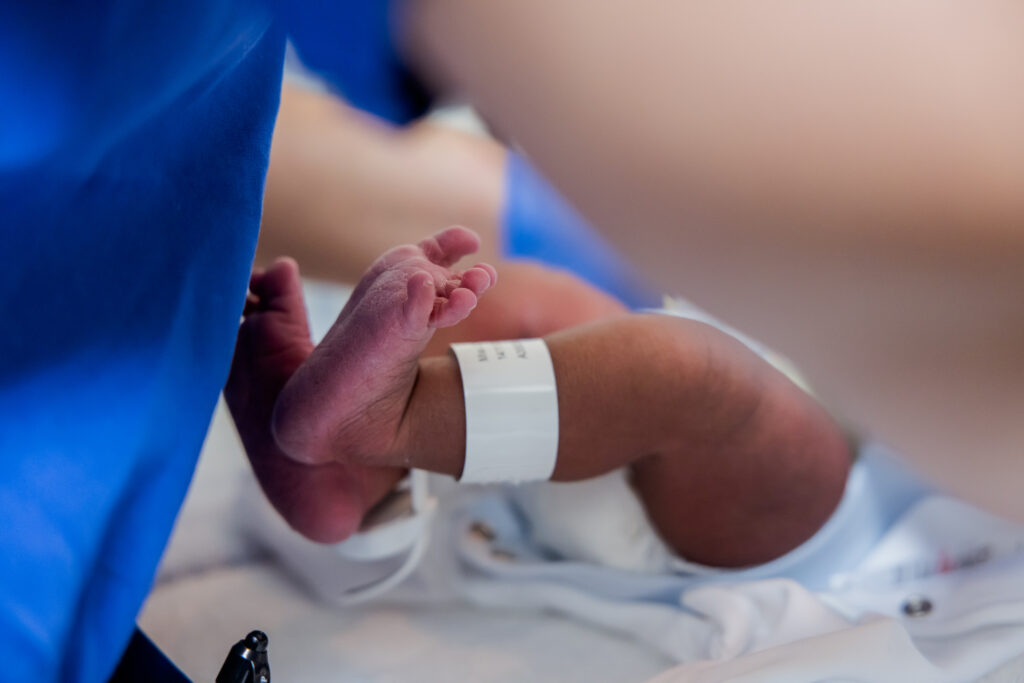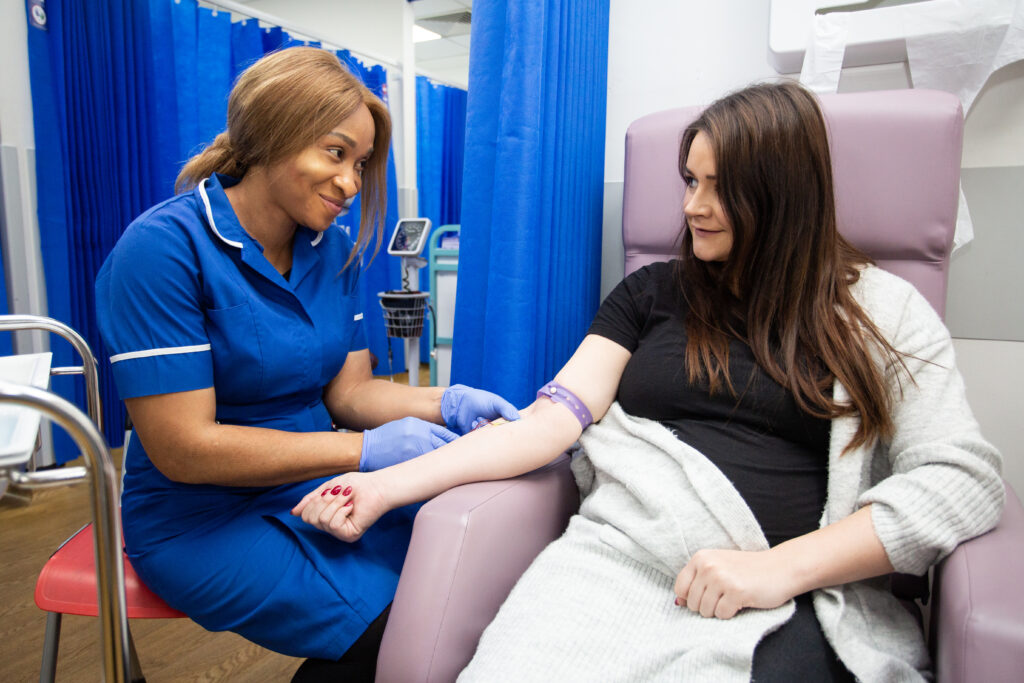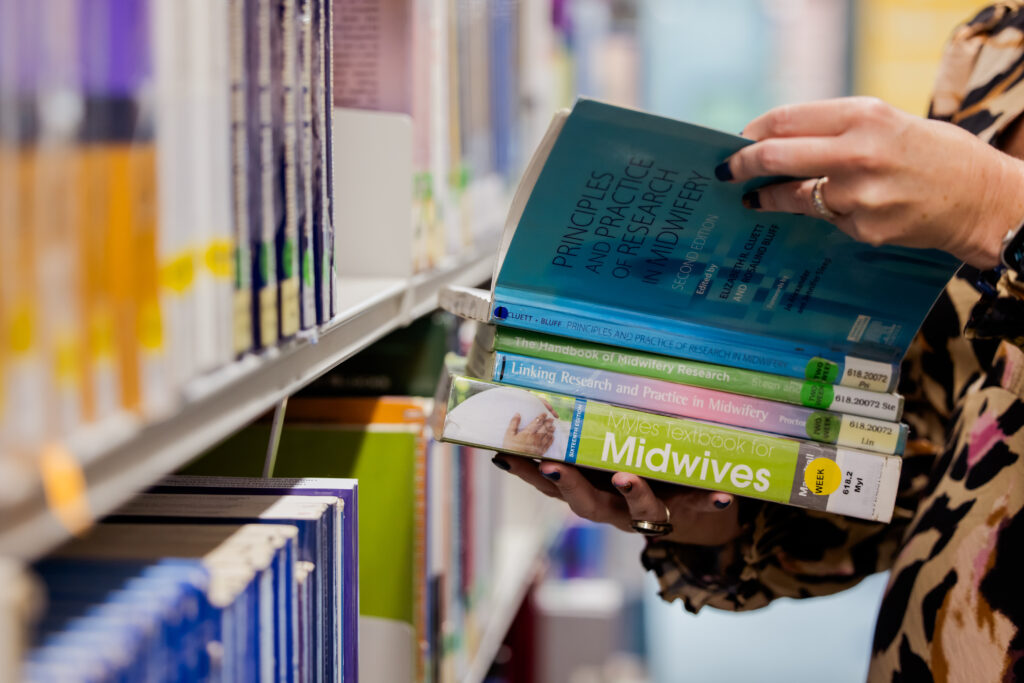To mark Black History Month 2025, MIDIRS is spotlighting articles in our 2025 editions of MIDIRS Midwifery Digest that highlight the disparities that Black women experience within midwifery care, as well as the brilliant work being done to reduce this disparity.
Black History Month is an annual celebration, marked each October, which recognises the history, achievements and contributions of Black people in the UK and brings attention to the struggles faced by Black people historically and in present day. This year’s theme is ‘Standing Firm in Power and Pride’, which Cherron Inko-Tariah MBE describes as sending a clear message: “Unity is strength. Despite challenges and differences, there is beauty and power in shared heritage”.
MIDIRS is proud to amplify the voices of Black people within the midwifery community through our Digest. Through our dissemination of evidence-based research, we aim to commemorate the achievements of Black individuals, and continue to highlight the difficulties faced by the Black community, including mothers, midwives, researchers, students and maternity professionals.
The Mummas Together Group
We couldn’t think of a better article to spotlight this Black History Month than the hot topic within our March 2025 Digest, “It’s been a lifesaver! Parental and professional reflections on the Mummas Together Group: a South London peer support group for Black mothers”. Authors Christina Brown and Michelle Peter share the difficulties faced by women from Black and ethnic minority backgrounds in accessing perinatal mental health services, and describe the life-changing impact of The Mummas Together Group, a perinatal peer support group aimed at Black mothers.
In her introduction within March’s Digest, Christina wrote:
“Every mother, regardless of race or religion, deserves good mental health, support, and care during pregnancy and after childbirth. However, Black mothers face unique challenges that contribute to higher rates of mental health issues. They also encounter greater barriers to accessing mental health care. It’s crucial that action is taken to address the mental health disparities Black mothers face. Yet too often their experiences are overlooked. This is where the Mummas Together Group comes in: to advocate, educate, listen, and support mothers on their journey into motherhood. Motivational Mums Club was initially created as a networking event but it evolved to focus on maternal mental health because of the number of mothers seeking support.
As a community leader, I know the importance of effective partnerships with local trusts to save lives. By delivering training to health care professionals, sharing my lived experiences, and participating in policy-making decisions, I have brought together midwives and psychologists with mothers in need. Together, we have worked hard to challenge the rigid systems that are under-resourced, so that dedicated professionals can provide the level of mental health support women deserve. There is huge potential for the sector to work together across professions, including community grassroots organisations, to enhance perinatal mental health services with individuals like me who are Equity Health Experts. It has been a privilege to support many families, and I’m excited to continue doing so. Two years into the Mummas Together Group is an ideal time to share with others where the group stands now and where it needs to go in the future.”
About the authors
Christina Brown is the Founder and CEO of the Motivational Mums Club. She has been recognised by the Prince and Princess of Wales for her work within the community to support Black mothers with their mental health through her peer support group, Mummas Together Group.
Dr Michelle Peter is a social scientist and research fellow with experience spanning over a decade. Co-author of the largest study on Black women’s experiences of UK maternity care, she is committed to working on projects that address and aim to improve racial health inequalities, particularly within maternal health. She is an advocate for equity across academic spaces and in health care services, and is keen to highlight the importance of inclusive research practices for allowing the voices of underrepresented communities to be heard.
As part of our Black History Month celebration, we have made this article free to download at the link below.
Plus, take a look back at articles discussing topics of decolonisation and racial equity that have featured in 2025 editions of MIDIRS Midwifery Digest:
‘RCM Decolonising Midwifery education toolkit: reflections and evaluations of the first 18 months’ Heather Bower, Jayne Bekoe, Maxine Chapman, Zaheera Essat, Bernadette Gregory, Carina Okiki, Selena Palmer, Priti Patel (March 2025)
Maternity care is a universal service for all women and birthing people, regardless of background, race, culture or ethnicity. In the UK, it is — or should be — equally accessible to all through NHS maternity services provision. Yet the stark statistics of the recent MBBRACE report (Knight et al 2024) provide evidence of the difference in maternal outcomes for Black and Asian women when compared to White women in the UK. Black women are 3.7 times more likely than White women to die in pregnancy, childbirth and up to a year postnatally; South Asian women are 1.8 times and women of mixed race are 1.3 times more likely to die (Knight et al 2024). These statistics require action. One way in which outcomes can be improved is to increase racial literacy (to understand how racial inequalities are produced and reproduced) and decolonise midwifery education (Royal College of Midwives (RCM) 2023a). The aim is to encourage a greater understanding of the needs of women and families from all races, ethnicities, cultures and backgrounds, thereby eliminating the disparity in maternal and neonatal outcomes.
‘Equality, diversity and inclusion: real life implications in midwifery‘ Olamide Solanke (June 2025)
This paper presents an evaluation of current knowledge regarding experiences of student midwives (STMs) and midwives from Black and minority ethnic (BME) backgrounds concerning equality, diversity and inclusion (EDI). The impact of professional and national drivers, such as the role of the Nursing and Midwifery Council (NMC), NHS England, Health Education England (HEE) and Advance HE on EDI and midwifery education are also discussed. The paper also presents an analysis of social influences on midwifery students in the context of EDI. Lastly, a brief review of initiatives to improve EDI in midwifery education are discussed, including the author’s own reflections as an educator in higher education.
‘Decolonising a midwifery curriculum‘ Kristina Goh, Lola Ornato, Niki Duncan, Intisaar Mohsin (June 2025)
The implementation of the Royal College of Midwives’ (RCM) Decolonising midwifery toolkit (2023) in a higher education setting has uncovered the importance of investigating and identifying gaps in learning and teaching. Creating a working group within the department has highlighted the need to acknowledge the inherent biases within a Eurocentric midwifery curriculum and investigate persistent attainment gaps and attrition rates by ethnicity.
‘Do evaluations of women’s and birthing people’s experiences of maternity care recognise diversity? A rapid review’ Dalvir Kandola, Alison Harte, Debi Bhattacharya (September 2025)
Background: The confidential enquiry into maternal deaths in the UK (Felker et al 2024) showed a disparity in outcomes for people from under-represented groups. For failures and disparities in care to be addressed, it is essential that we establish women’s and birthing people’s experiences of maternity care, because such findings generate solutions, driven by the needs of the population.
Aim: To assess whether evaluations of women’s and birthing people’s experiences of maternity care acknowledge diversity, by examining adherence to a cultural competency framework.
To read these papers in full, plus hundreds more midwifery-related articles, subscribe to MIDIRS to access our full MIC database, our quarterly Digest and over 550 Search Packs.


